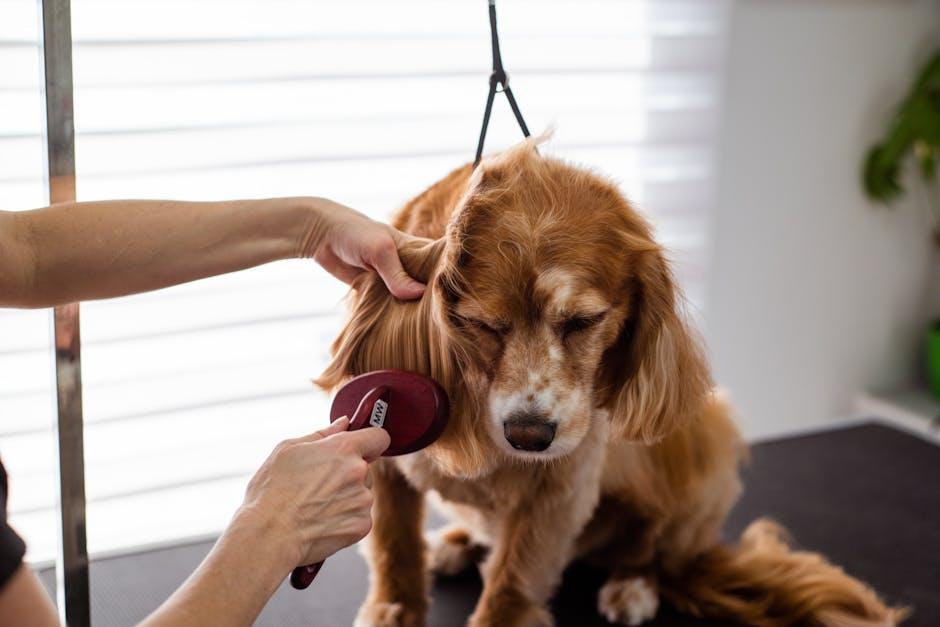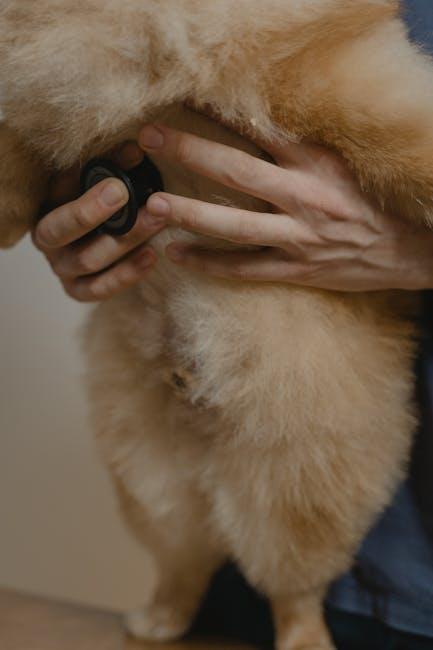Welcoming a new puppy into your home is a heartwarming and joyous occasion, filled with wagging tails, tiny paws, and boundless affection. Yet, along with the excitement comes the important responsibility of ensuring your furry friend receives the best start in life. Understanding the essentials of puppy care is crucial for fostering a healthy and happy companion. Whether you are a first-time pet owner or simply in need of a refresher, this guide will walk you through the foundational aspects of caring for your new puppy. From nutrition and training to health and safety, we’ll provide you with the knowledge and tools to create a nurturing environment where your puppy can thrive. So, let’s embark on this rewarding journey together, ensuring your newest family member grows up to be a well-adjusted and beloved part of your household.
Choosing the Right Nutrition for Your Growing Puppy
Feeding your puppy the right nutrition is essential to their growth and development. Puppies have specific dietary needs that differ from adult dogs, so it’s crucial to choose a diet that supports their rapid growth, high energy levels, and developing immune systems. Look for a high-quality puppy food that lists a source of animal protein, such as chicken or lamb, as the first ingredient. This ensures your puppy is getting the protein they need to build strong muscles.
- Balanced Nutrients: Ensure the food contains a balanced mix of protein, fats, carbohydrates, vitamins, and minerals.
- Age-Appropriate: Choose a formula specifically designed for puppies to support their unique nutritional needs.
- Portion Control: Follow feeding guidelines on the packaging to avoid overfeeding, which can lead to obesity and related health issues.
- Consult Your Vet: It’s always a good idea to discuss your puppy’s diet with your veterinarian, who can offer personalized advice based on your puppy’s breed, age, and health status.
Remember, the right nutrition lays the foundation for a healthy and happy life, so invest the time to choose wisely and ensure your furry friend is off to the best start possible.

Creating a Safe and Stimulating Environment at Home
Transforming your home into a haven for your new furry friend involves more than just puppy-proofing. It’s about crafting a space that encourages exploration and learning while ensuring safety. Start by designating a specific area for your puppy to rest and play, ideally in a spot that’s easy to supervise. Equip this space with soft bedding and a selection of toys to keep your puppy entertained and engaged. Opt for toys that are safe and appropriate for your puppy’s age and size, such as plush toys, rubber chew toys, and interactive puzzles.
- Secure Hazards: Ensure that electrical cords, small objects, and toxic plants are out of reach. Use baby gates to block off restricted areas.
- Comfortable Bedding: Choose a cozy bed or crate that becomes your puppy’s personal retreat. This aids in establishing a routine and provides comfort.
- Stimulating Toys: Provide a variety of toys to keep your puppy mentally and physically stimulated, reducing the likelihood of unwanted behavior.
Remember, a well-organized environment not only keeps your puppy safe but also fosters a sense of security and stability. Incorporate training sessions into your daily routine to strengthen the bond between you and your puppy, while reinforcing good behavior. With patience and care, your home will become a nurturing playground for your newest family member.

Understanding Your Puppys Health and Veterinary Needs
Ensuring your puppy’s health is a cornerstone of responsible pet ownership. A proactive approach involves regular veterinary visits, vaccinations, and understanding the specific needs of your furry friend. Start by scheduling a check-up as soon as you bring your puppy home. During this initial visit, your vet will perform a comprehensive health assessment and discuss vaccination schedules to protect your pup from common diseases like parvovirus and distemper. It’s also a good time to talk about spaying or neutering options, which can prevent future health issues and contribute to your pet’s overall well-being.
Beyond vet visits, be attentive to your puppy’s everyday needs. This includes providing a balanced diet tailored to their growth stage, plenty of fresh water, and ample exercise to keep them physically and mentally stimulated. Look out for signs of discomfort or unusual behavior, such as excessive scratching or changes in appetite, and consult your vet if these arise. Here are a few key points to remember:
- Regular check-ups are crucial for early detection of potential health issues.
- Keep up with vaccination schedules and parasite prevention treatments.
- Monitor your puppy’s diet and weight to ensure they are developing healthily.
- Provide a safe and enriching environment to promote their mental and physical health.
















